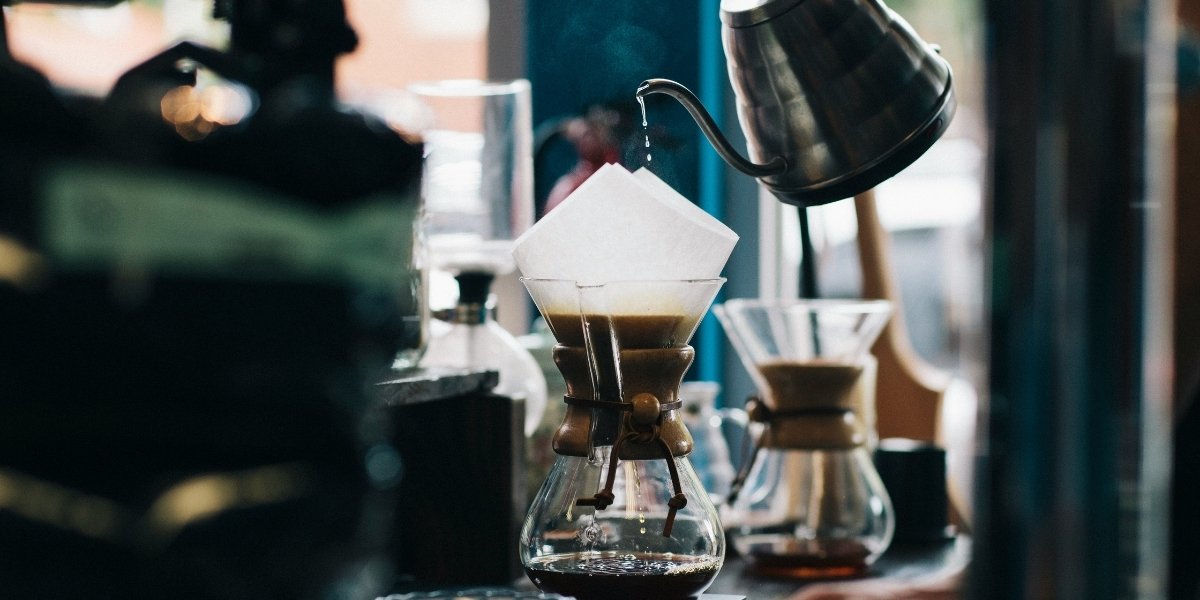Owning a piano is a rewarding experience, but like any musical instrument, it requires proper care to ensure it sounds its best and lasts for years. Regular maintenance, cleaning, and tuning are essential for preserving your piano’s quality. Here’s a practical guide to help you take care of your piano and ensure it continues to produce beautiful music.
Regular Cleaning and Maintenance
To keep your piano in excellent condition, regular cleaning is essential. Dust and dirt can accumulate on both the interior and exterior, affecting its sound quality and overall functionality. The exterior of your piano can be cleaned by gently dusting it with a soft cloth, while the interior can be cleaned with a vacuum cleaner fitted with a soft brush attachment. Be sure to avoid using harsh chemicals or abrasive cleaners, as they can damage the piano’s finish.
The environment in which your piano is placed plays a significant role in its upkeep. Pianos are sensitive to changes in temperature and humidity, so it’s essential to keep them in a stable environment. The ideal humidity range for a piano is between 40-50%, with a consistent room temperature. Avoid placing your piano near heating vents, air conditioners, or windows that receive direct sunlight, as these conditions can cause the wood to expand or contract, leading to potential damage.
Regular Tuning and Adjustments
Piano tuning is crucial for maintaining the instrument’s sound. Over time, the strings in a piano can lose tension due to temperature fluctuations, humidity changes, and regular use. Professional tuning ensures the piano produces accurate pitch and maintains a harmonious sound. Just like a guitar needs regular tuning, a piano should be tuned at least twice a year by a professional.
A professional tuner can carefully adjust the strings and make minor repairs, preventing long-term damage that might occur if the piano is left out of tune. If a piano is significantly out of tune for an extended period, it can cause undue stress on the strings and soundboard, resulting in costly repairs. Regular tuning preserves the instrument’s sound quality and prolongs its life.
Protecting Your Piano from Damage
While cleaning and tuning are essential, it’s also important to protect your piano from physical damage. Avoid placing objects on the piano’s surface that could scratch or dent the wood. Additionally, using a piano cover when the instrument is not in use can prevent dust accumulation and accidental spills from damaging the surface.
If you have young children or pets, it’s crucial to ensure that they don’t play with the keys or open the piano lid. Mishandling can cause damage to the keys or the action mechanism inside the piano. Using a protective cover and maintaining a controlled environment will help safeguard the piano’s exterior and interior parts.
Caring for the Keys and Action Mechanism
The keys of a piano should also be cleaned regularly to maintain their appearance and functionality. Gently wipe the keys with a slightly damp cloth. For ivory keys, consider using a specialized ivory key cleaner to preserve their sheen. Avoid using harsh chemicals or cleaners that can damage the delicate surfaces.
The action mechanism, which includes the hammers and pedals, is another critical component of the piano. While it generally doesn’t require frequent maintenance, it’s essential to avoid excessive force when playing to prevent wear and tear. A piano technician can inspect and adjust the action when necessary to ensure smooth operation.
Why Professional Tuning is Vital
Although cleaning and minor care can be done at home, piano tuning is a task that should always be left to a professional. Piano tuners are highly trained in adjusting the tension of the strings to ensure they are in tune with one another, creating a harmonious sound. This process requires a skilled ear and specialized tools to achieve precision.
Attempting to tune a piano yourself can lead to damage, especially if you lack the expertise to adjust the strings correctly. A professional tuner knows the intricacies of piano mechanics and can make necessary adjustments to maintain pitch and performance quality. Regular tuning not only keeps the piano sounding great but also helps preserve the structure of the instrument, preventing costly repairs.
Climate Control and Storage
As mentioned, temperature and humidity play a vital role in maintaining your piano’s health. If you live in an area with extreme seasonal changes, consider investing in a humidifier or dehumidifier for the room where the piano is kept. This can help maintain a stable environment, preventing the wood from warping or cracking.
When storing a piano for long periods, it’s essential to place it in a climate-controlled room. If you need to move the piano, consider hiring professional movers who specialize in transporting pianos. They have the proper equipment to ensure the piano is transported safely without causing damage.
Invest in Your Piano’s Future
Proper piano care, including regular cleaning, tuning, and protection, will ensure that your instrument remains in top condition for years to come. By following these maintenance tips and seeking professional tuning services, you’ll be able to enjoy beautiful, harmonious music for a lifetime.
Remember, a well-maintained piano not only sounds better but also holds its value over time. Whether you are a beginner or an experienced player, taking care of your piano will enhance your musical experience and ensure that your instrument continues to inspire creativity and joy. Treat your piano with the care it deserves, and it will reward you with years of beautiful music.
Published by: Martin De Juan







